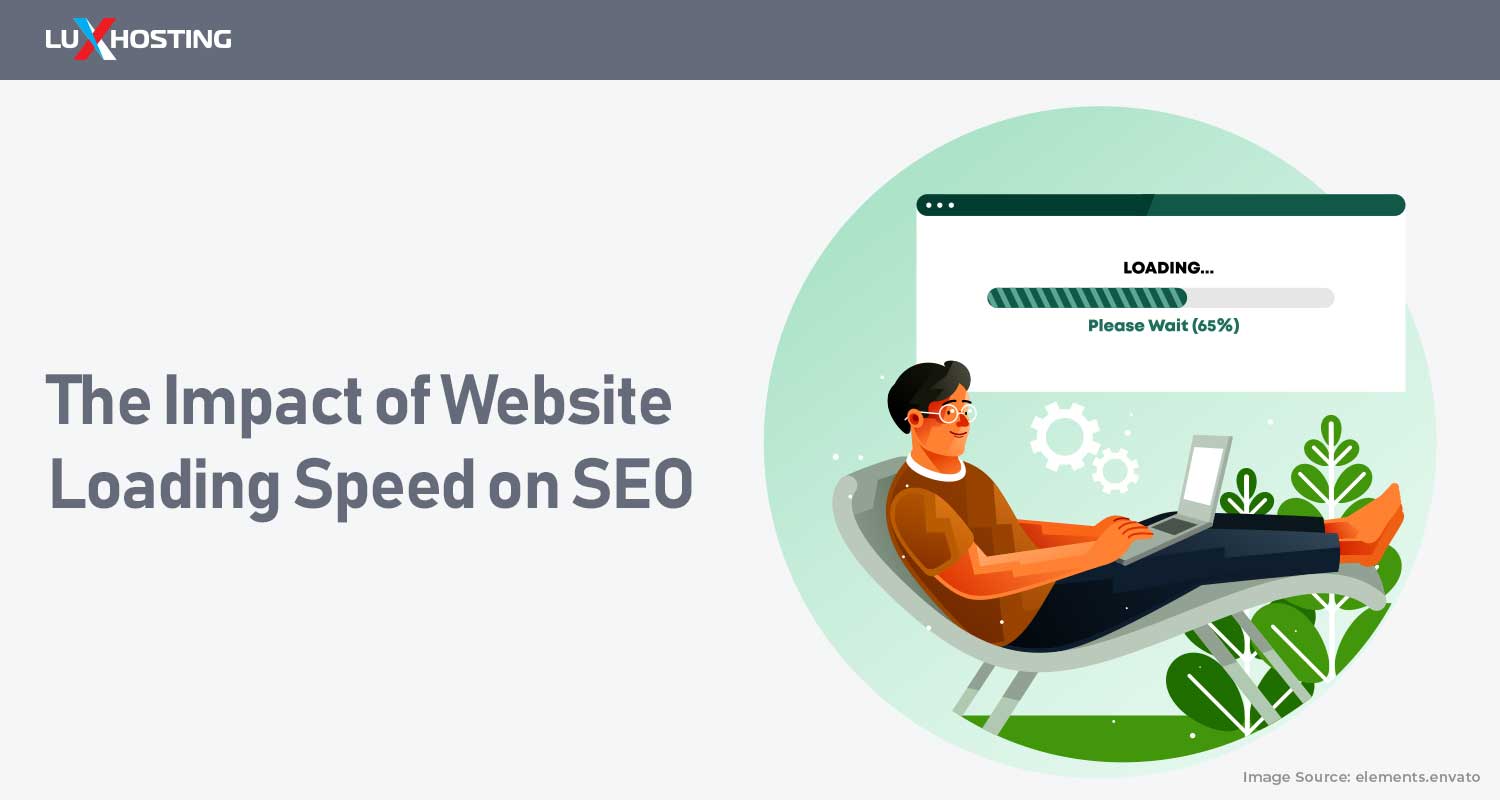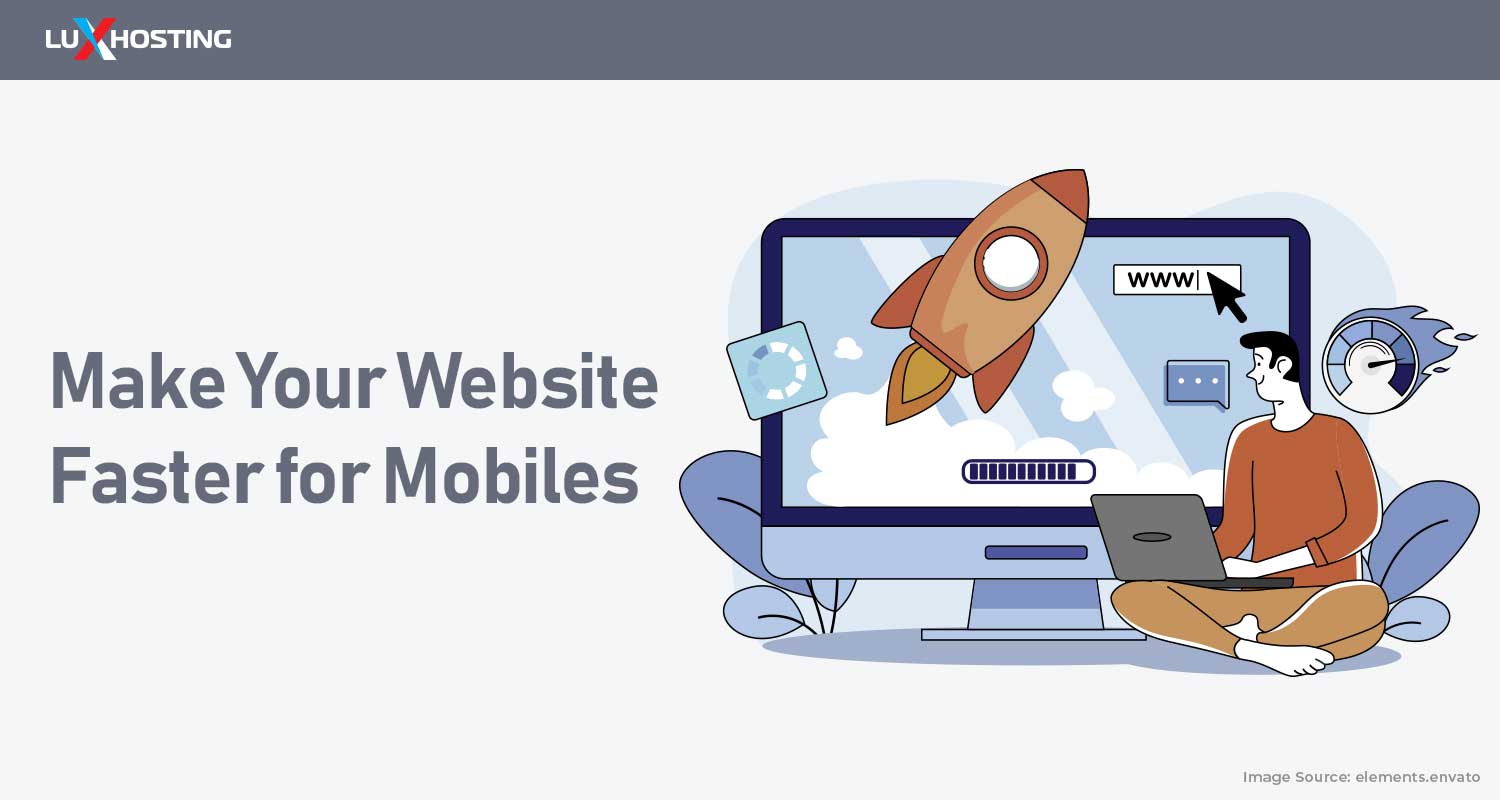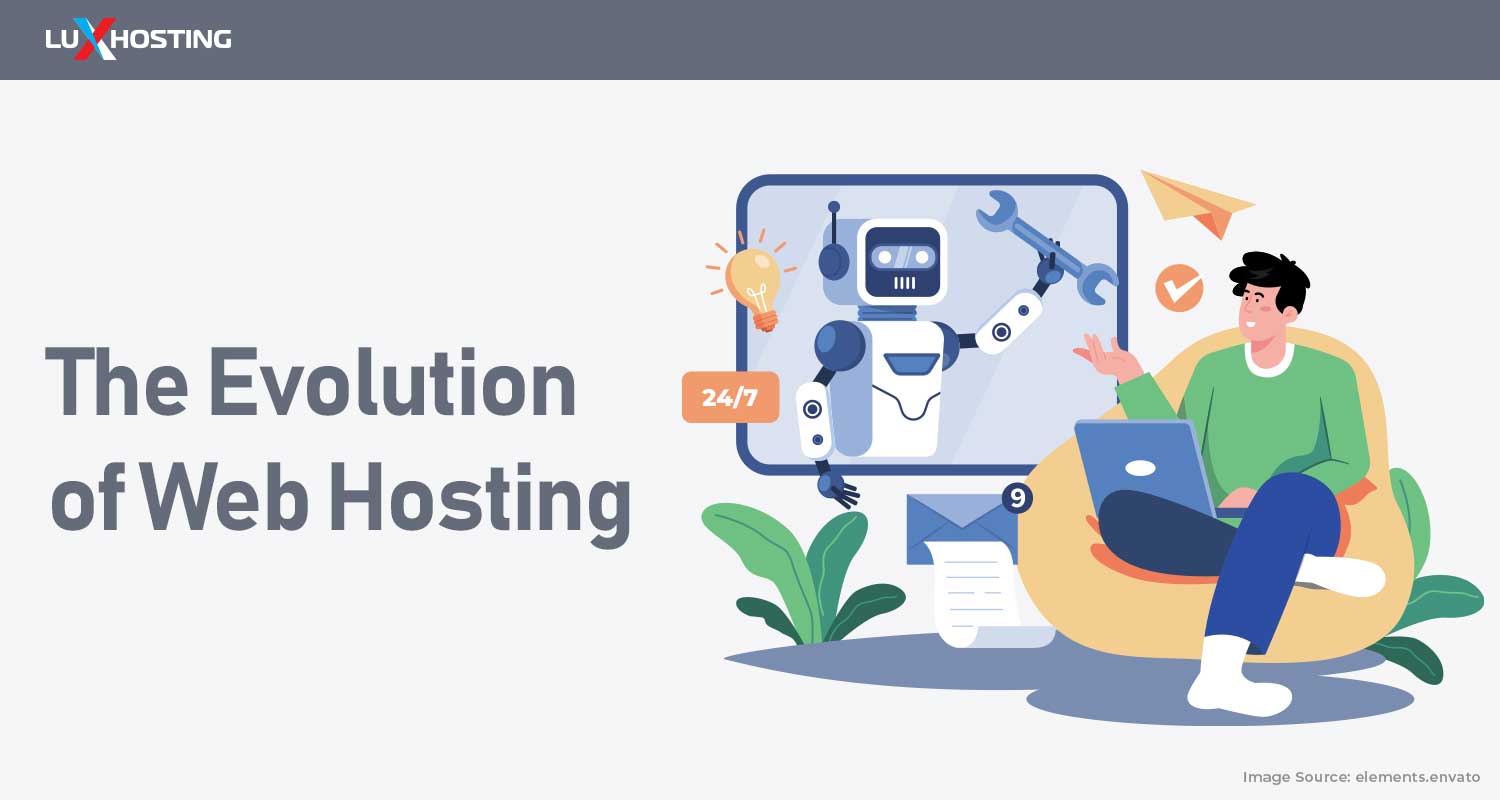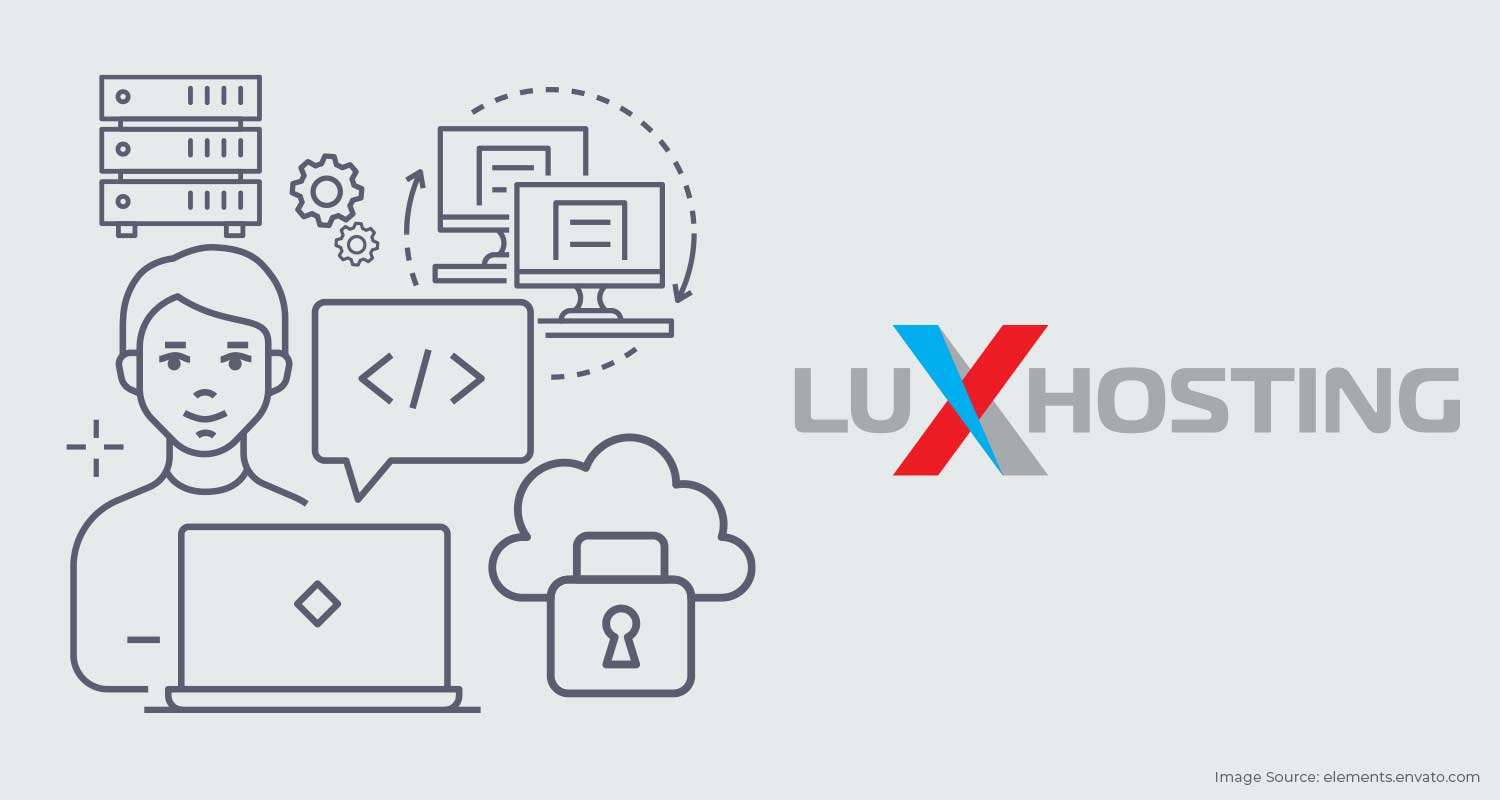In the fast-paced digital world, where information is just a click away, website loading speed has become a critical factor in determining the success of an online presence. It's not just about providing a better user experience; it also significantly affects your website's search engine rankings. In this comprehensive guide, we will delve into the world of website loading speed and its profound impact on SEO (Search Engine Optimization).
Understanding Website Loading Speed
Before we explore its impact on SEO, let's first grasp the concept of website loading speed. Website loading speed refers to the time it takes for a web page to fully load and become visible to the user. This speed is measured in seconds or milliseconds and plays a pivotal role in user satisfaction.
The Need for Speed
In today's digital age, users expect websites to load quickly. Studies have shown that users tend to abandon websites that take too long to load, leading to a high bounce rate and a negative user experience. This need for speed has only intensified with the proliferation of mobile devices and the rise of mobile browsing.
How Speed Is Measured
Website loading speed is typically measured using various metrics, including:
- Page Load Time: The time it takes for a web page to display its complete content.
- Time to First Byte (TTFB): The time it takes for the browser to receive the first byte of data from the web server.
- First Contentful Paint (FCP): The time it takes for the browser to render the first piece of content on the screen.
The SEO-Loading Speed Connection
Now that we understand what website loading speed is, let's explore how it affects SEO.
Google's Need for Speed
Search engines, particularly Google, prioritize user experience. Google's algorithm takes into account various factors when ranking websites, and loading speed is one of them. Google has stated that website loading speed is a ranking factor because it directly impacts user satisfaction.
Bounce Rates and Dwell Time
When a website takes too long to load, visitors are more likely to bounce, meaning they leave the site without interacting with it. High bounce rates signal to search engines that the content or user experience is not satisfactory. On the flip side, a faster-loading website tends to have lower bounce rates and longer dwell times, indicating user engagement and satisfaction.
Mobile-First Indexing
With the mobile-first indexing approach, Google primarily uses the mobile version of a website for ranking and indexing. Mobile users, often on slower data connections, are particularly sensitive to loading speed. A slow-loading mobile site can lead to lower rankings and decreased visibility in search results.
Benefits of Fast Loading Speed for SEO
Let's delve into the specific benefits of having a fast-loading website for SEO.
Improved User Experience
A fast-loading website provides a seamless and enjoyable experience for users. When visitors can access content quickly and navigate without delays, they are more likely to stay longer, engage with your content, and potentially convert into customers or subscribers.
Higher Search Engine Rankings
As mentioned earlier, Google considers loading speed as a ranking factor. Websites that load faster are more likely to rank higher in search results, leading to increased organic traffic.
Increased Crawlability
Search engine bots regularly crawl websites to index their content. A fast-loading website ensures that search engine bots can crawl more pages within their allocated time, which can result in more of your pages getting indexed.
Mobile-Friendly Ranking Boost
Fast-loading mobile pages receive a ranking boost in Google's mobile search results. This means that if your website is optimized for speed on mobile devices, it's more likely to perform well in mobile searches.
Factors Affecting Website Loading Speed
Website loading speed is influenced by various factors, and understanding them is crucial for optimization.
Hosting Provider
The choice of hosting provider and hosting plan can significantly impact loading speed. Shared hosting plans may be slower than dedicated or cloud hosting options.
Image Optimization
Large, unoptimized images are a common cause of slow-loading websites. Compressing and properly formatting images can lead to substantial speed improvements.
Code Efficiency
Clean and efficient code can reduce loading times. Minimizing unnecessary scripts and using optimized coding practices is essential.
Content Delivery Network (CDN)
A CDN can distribute website content across multiple servers worldwide, reducing latency and improving loading speed for users in different geographic locations.
Browser Caching
Browser caching allows previously loaded resources to be stored on a user's device, speeding up subsequent visits to the website.
Strategies for Speed Optimization
To reap the SEO benefits of fast loading speed, it's essential to implement optimization strategies.
Use a Reliable Hosting Provider
Choose a hosting provider known for its speed and reliability. Consider dedicated hosting or managed WordPress hosting for optimal performance.
Optimize Images
Compress and resize images before uploading them to your website. Additionally, utilize responsive images that adapt to different screen sizes.
Minimize HTTP Requests
Reduce the number of HTTP requests by combining CSS and JavaScript files, using CSS sprites, and limiting third-party scripts.
Enable Browser Caching
Configure your website to leverage browser caching, allowing repeated visitors to load pages faster.
Utilize Content Delivery Networks (CDNs)
Implement a CDN to distribute your website's assets and resources, reducing server load and decreasing loading times for users across the globe.
Tools for Speed Testing and Monitoring
To gauge and maintain your website's loading speed, you can use various online tools and services.
Google PageSpeed Insights
Google PageSpeed Insights provides recommendations for improving website performance and assigns a score based on loading speed.
GTmetrix
GTmetrix analyzes your website's loading speed and offers actionable suggestions for improvement.
Pingdom
Pingdom allows you to monitor your website's performance and receive alerts in real-time if loading speed issues arise.
Conclusion
Website loading speed is not just a technical concern; it's a crucial factor that impacts your website's SEO and user experience. As Google and other search engines continue to prioritize user satisfaction, a fast-loading website is essential for maintaining and improving your search engine rankings. Incorporating speed optimization strategies, monitoring your website's performance, and staying informed about best practices will help you stay competitive in the ever-evolving digital landscape. Ultimately, a faster website not only boosts your SEO but also enhances the overall online experience for your visitors, increasing the chances of success in the digital realm.



